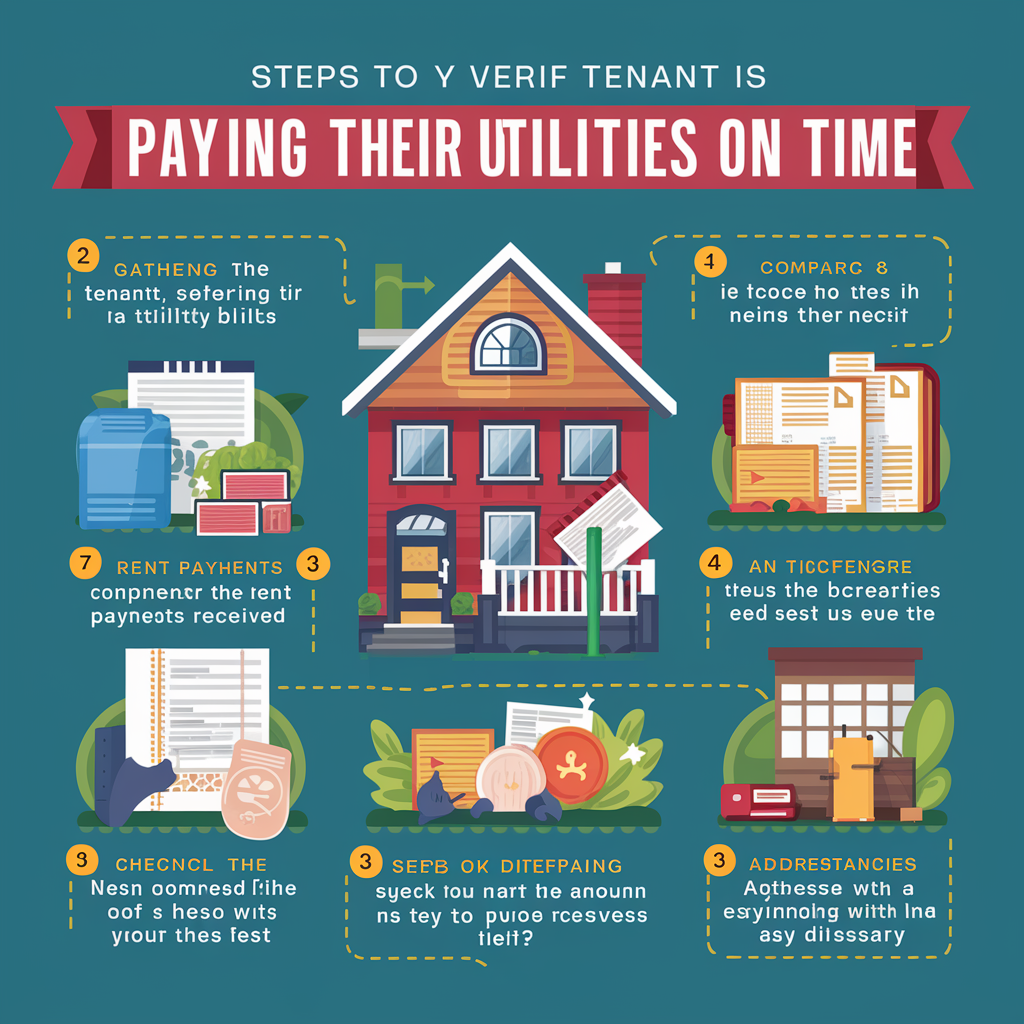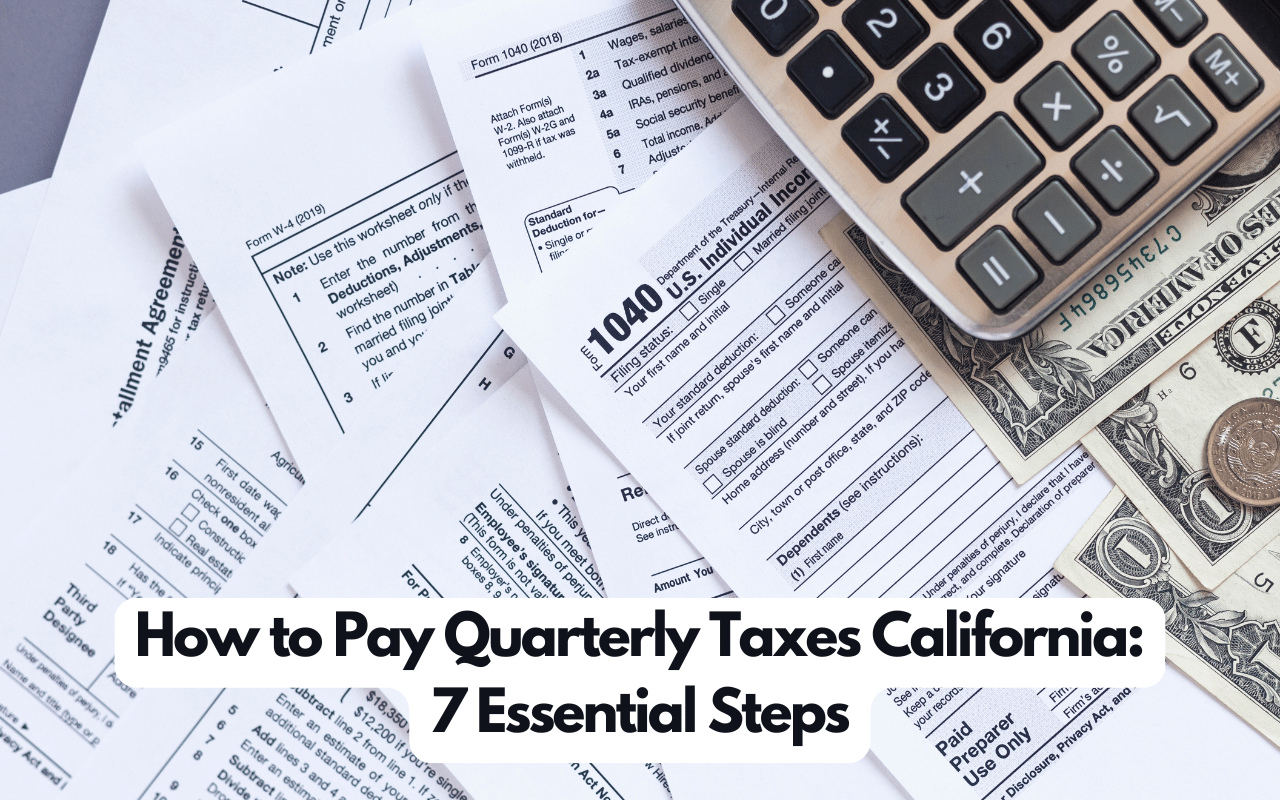How to Pay a Debt Collector: Settling Debts Smartly & Safely

When dealing with a debt collector, it’s crucial to follow a systematic approach to settle the debt effectively. Begin by confirming the debt’s legitimacy and accuracy, ensuring it is indeed yours. Be aware of your state’s statute of limitations and debt collection rights, as outlined by the Fair Debt Collection Practices Act (FDCPA). Understand limitations on communication times, workplace contact, and protection against harassment.
- How to Pay a Debt Collector: Settling Debts Smartly & Safely
- What is the safest way to pay debt collectors?
- How do I send a payment to collections?
- What percentage should I offer to settle debt?
- How Do You Remove Debt Settlement From Your Credit Report?
- What's the worst a debt collector can do?
- Can Debt Collectors Contact Your Family?
- Can Debt Collectors Refuse a Payment Plan?
Evaluate your financial situation to determine a realistic payment plan or settlement amount that you can afford. If possible, negotiate with the collection agency to either delete the debt from your credit report or mark it as “paid in full” if you can make a lump-sum payment. Alternatively, consider setting up a manageable payment plan based on your budget.
Maintain detailed documentation throughout the process, recording names, contact information, and discussions with the debt collector. Request a written agreement for any settlements, and securely make payments, ideally through certified mail to ensure proof of receipt. After completing payments, obtain a letter of completion from the collection agency and monitor your credit reports for accurate updates.
What is the safest way to pay debt collectors?
Sending payments to a debt collector requires a careful and strategic approach to safeguard your financial information. It’s essential to follow the right procedures and thoroughly document the process. Here are some valuable tips:
1. Payment Method: Choose a payment method that prevents the debt collector from accessing your financial accounts. Opting for a money order is the most secure option. Ensure you retain a carbon copy of the money order along with the receipt for your records.
2. USPS Documentation: When sending payments, utilize the services of the United States Postal Service (USPS). Request tracking information to monitor the payment’s journey, and obtain a return receipt from USPS. This documentation serves as crucial proof that the payment was successfully received by the debt collector.
How do I send a payment to collections?
Make a Credit Card Payment: Online For convenient credit card payments, navigate to ACI Payments. Please note that a 2.3% service fee applies to online transactions.
Available on Weekdays from 8 AM to 5 PM
Payment by Check, Money Order, or Cashier’s Check: Mail Follow these steps when making payments by mail:
- Make the payment payable to Court-Ordered Debt Collections.
- Include your full name, account number, and billing number on the payment.
- Mail your payment along with the top portion of your notice to the specified address.
What percentage should I offer to settle debt?
When initiating negotiations for debt settlement, it is advisable to propose an initial lump sum payment of around 25% or 30% of the total outstanding balance in exchange for the forgiveness of the debt. It’s important to be prepared for the creditor to possibly counter your offer by requesting a higher amount during the negotiation process.
How Do You Remove Debt Settlement From Your Credit Report?
Removing debt settlement from your credit report is not an immediate process. Once you settle an account with a lender, the record will persist on your credit report for approximately seven years, exerting a negative impact on your credit score. Unfortunately, there is no method to expedite the removal of debt settlement information before this standard time frame elapses.
What’s the worst a debt collector can do?
Debt collectors are bound by rules and regulations, and you have rights that protect you. Understanding the dynamics of debt collection and your workplace is essential. Here are key points to be aware of:
- No Visits to Your Workplace: Debt collectors are legally prohibited from coming to your place of work. This practice is against the law.
- Confidentiality is Key: The Fair Debt Collection Practices Act (FDCPA) strictly prohibits debt collectors from disclosing your debts publicly. This includes not being allowed to contact your employer and disclose details such as the amount you owe on your car or any missed payments.
- Limited Communication at Work: While debt collectors are permitted to contact you at your workplace, they are restricted from explicitly identifying themselves as debt collectors to anyone who answers the phone.
- Your Right to Request No Calls at Work: You have the right to request that debt collectors refrain from calling you at your workplace. According to the law, they are obligated to comply with this request.
Understanding these guidelines empowers you to assert your rights when dealing with debt collectors in the context of your employment.
Can Debt Collectors Contact Your Family?
The tactics employed by debt collectors can be relentless, yet there are legal boundaries in place to protect your privacy. Here’s a breakdown of the rules regarding debt collectors and their contact with your family:
Debt collectors can resort to various means to locate you, including reaching out to your family members. However, they are restricted in their communication and cannot disclose the purpose of their call. The law prohibits them from divulging details about your debt.
Moreover, debt collectors are generally allowed a single attempt to contact a family member. Repeated calls or discussions regarding the specifics of your debt violate legal provisions. If you experience such breaches, it’s within your rights to take action.
You have the option to report such violations to your state’s attorney general or file a complaint with the Consumer Financial Protection Bureau (CFPB). These regulatory bodies can intervene to address any unlawful practices by debt collectors. Your rights and privacy are safeguarded by these regulations, ensuring that debt collection activities are conducted within legal bounds.
Can Debt Collectors Refuse a Payment Plan?
Indeed, a debt collector has the discretion to decline negotiation requests. While you may desire a structured payment plan or aim to reduce your debt through negotiation, securing such arrangements is not guaranteed. It’s crucial to recognize that collection agencies prioritize swift and substantial debt recovery. Consequently, extensive payment plans or significant debt reductions may pose challenges.
Nevertheless, many of these agencies operate under the principle that obtaining something is preferable to nothing. Therefore, it is both reasonable and advisable to advocate for yourself. (We’ll delve into how we can assist you shortly.) Before initiating any negotiation, ensure that the amount they claim you owe is documented in writing. If there are inaccuracies, take the necessary steps to obtain an accurate record of your debt.
Assuming the figures are correct, your primary objective is to pay off as much of the debt as feasible. Clearing a debt provides a sense of liberation. However, if the debt appears overwhelming, this is an opportune moment to engage in negotiations for a payment plan or propose a debt settlement. In the case of settlement, it might be plausible to achieve a reduction of 50% or more on your debt.






